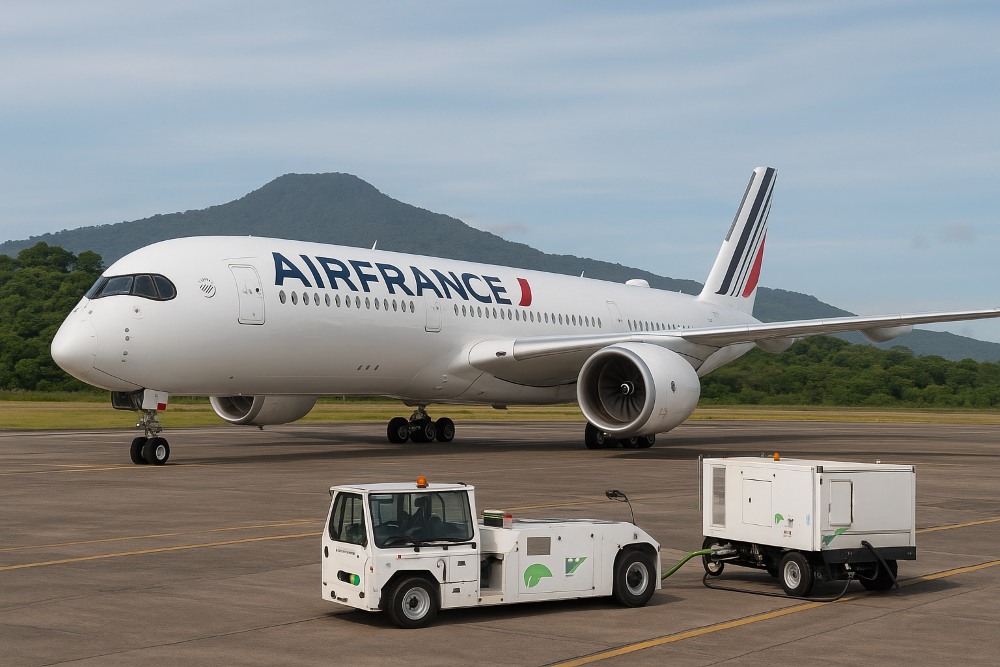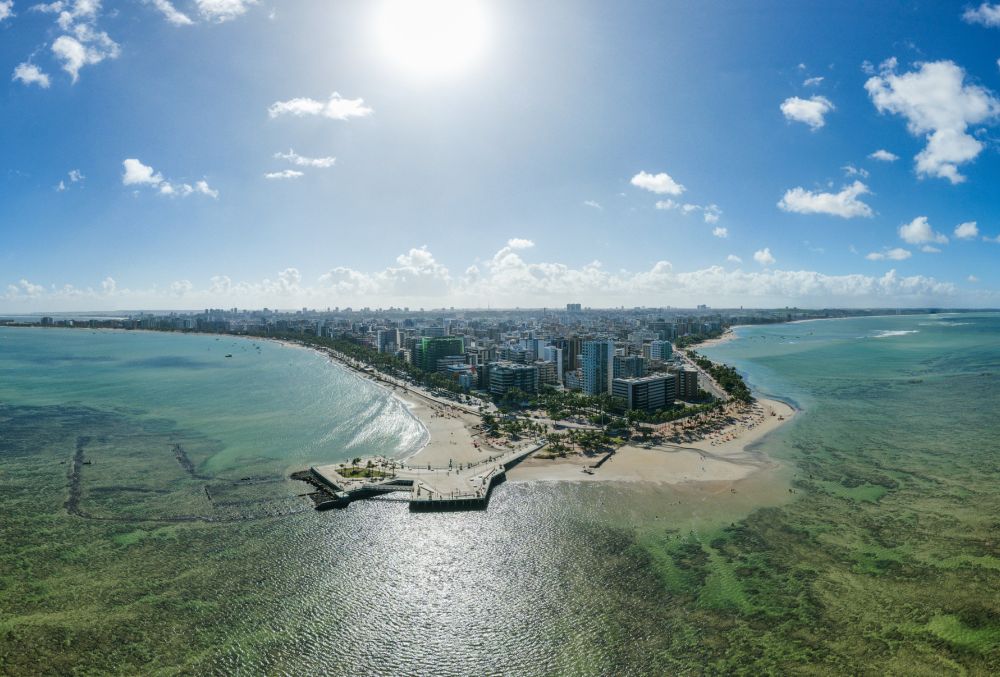Juan Santamaría International Airport hosted Air France’s first sustainable demonstration flight in the region on October 25 as part of the SkyTeam Aviation Challenge, an initiative promoting collaboration and innovation to accelerate the transition toward more sustainable aviation.
Why Costa Rica
Costa Rica was no random choice. The country has established itself as a global reference in sustainability and environmental management, thanks to a renewable energy model that reaches up to 70% and a tourism approach focused on conservation and local well-being. Its strategic location between North and South America, combined with robust airport infrastructure, made it the ideal setting for Air France to experiment with new practices.
A Test Flight with Tangible Results
During the operation of the Paris–San José–Paris route, several concrete measures were implemented to reduce environmental impact: elimination of single-use plastics, differentiated waste management, and exclusive use of electric ground equipment.
Result: 13.3 kilograms of recyclable materials were collected—a significant figure considering that an average intercontinental flight generates between 50 and 70 kg of waste.
Beyond the symbolic gesture, this flight served as an operational laboratory to gradually introduce these practices on other group routes.
Our article : Towards greener skies: The rise of sustainable aviation fuels
Toward Cleaner Aviation
The global aviation sector faces the challenge of reducing its environmental footprint while maintaining international connectivity. Sustainable Aviation Fuel (SAF) has become a key tool: produced from agricultural waste or used oils, it reduces CO₂ emissions across its entire life cycle. Its use remains limited—less than 1% of global consumption—but it is expected to grow rapidly, according to the International Air Transport Association (IATA).
Air France uses SAF certified by international bodies such as ISCC and RSB, while deploying more efficient aircraft, contributing to tangible progress toward cleaner aviation. These strategies reflect the sector’s commitment to integrating sustainability into daily operations and measuring environmental outcomes concretely.
A Transition Driven by Innovation
Experimental flights like this demonstrate that sustainability is no longer just talk. With Costa Rica at the forefront, Latin America proves it can be a driving force in the transition toward more conscious, responsible, and forward-looking tourism and air transport.







